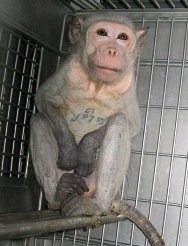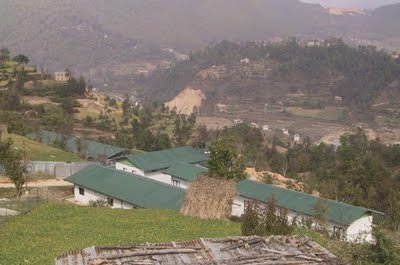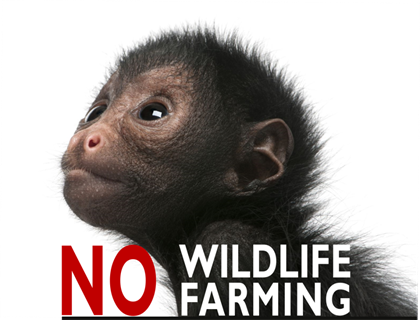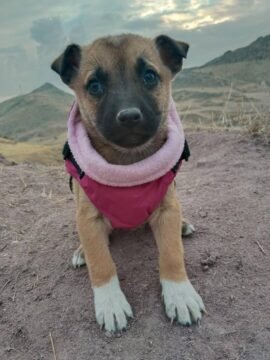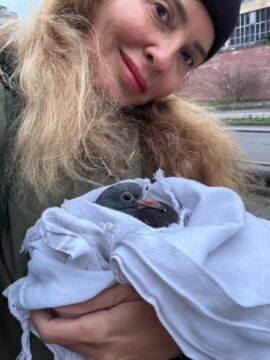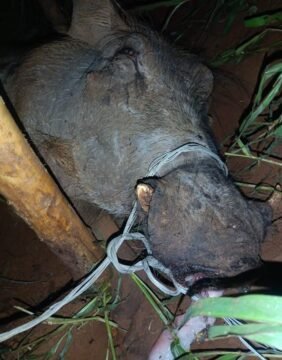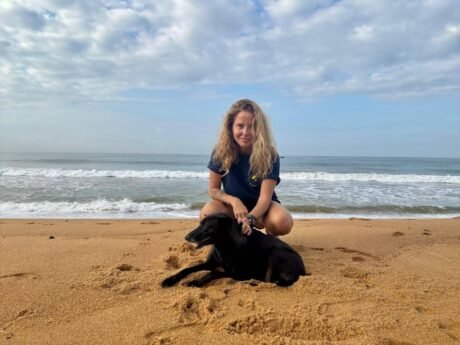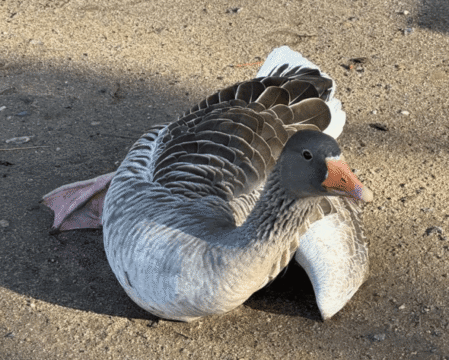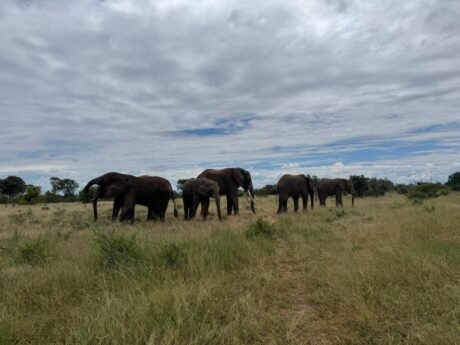There are several reasons why we fight against vivisection.
- Firstly, animals should not be subjected to pain, suffering, and death for human benefit, especially when alternative methods exist.
- Secondly, there are concerns about the validity of animal-based research as it may not always translate to human biology, leading to inaccurate and sometimes dangerous conclusions.
- Thirdly, the practice of vivisection is often done in secrecy, which raises questions about transparency and accountability.
- Finally, vivisection perpetuates speciesism and reinforces the idea that humans have the right to exploit and dominate other animals.
By opposing vivisection and promoting alternative methods of research, such as computer models and in vitro testing, we can promote a more ethical and effective approach to scientific research that prioritizes both human health and animal welfare.

